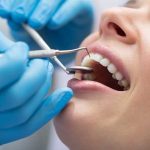Quick Guide: How to Properly Clean and Care for Wisdom Teeth Holes
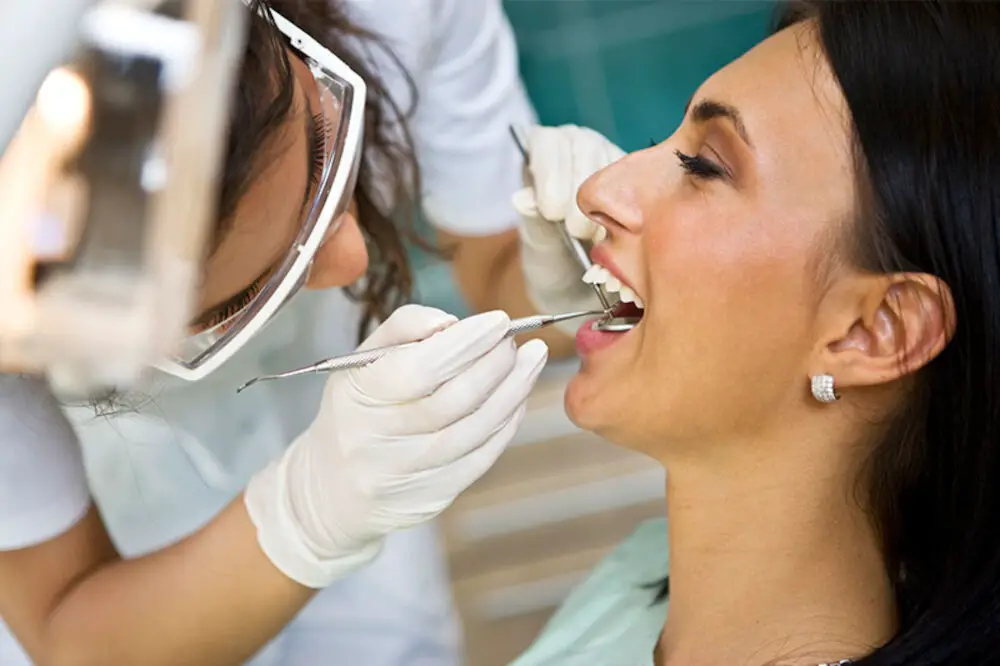
Wisdom teeth holes are a common occurrence after a wisdom tooth extraction procedure. Proper cleaning and care of these holes are crucial to prevent infection and promote healing. Neglecting to clean and care for these areas can result in a painful and prolonged recovery process, which can greatly impact your daily life. With this quick guide, we will provide you with easy-to-follow steps to properly clean and care for your wisdom teeth holes. The first step in caring for your wisdom teeth holes is to ensure that you are following the post-operative instructions provided by your dentist or oral surgeon. These instructions will provide you with specific guidelines on how to care for the affected area, including what to eat, how to clean your mouth, and any medications that you need to take. It is important to follow these instructions closely to promote proper healing and avoid any complications. In addition to following these instructions, there are several steps that you can take to ensure that your wisdom teeth holes are properly cleaned and cared for, which we will discuss in detail in the following sections.
Wisdom teeth holes are essentially the empty spaces left behind after the removal of wisdom teeth. These holes can take anywhere from a few days to a few weeks to completely heal, depending on the individual’s rate of healing. During the healing process, it is important to properly care for the wisdom teeth holes to prevent infection and promote healing. This involves practicing good oral hygiene habits, such as gently rinsing the mouth with warm salt water and avoiding hard or crunchy foods. Additionally, it may be necessary to take pain medication or antibiotics as prescribed by your dentist. With proper care and attention, wisdom teeth holes can heal without complications and allow for a healthy, pain-free smile.
Proper cleaning and care of wisdom teeth holes are crucial to promote healing and prevent potential complications. Neglecting the cleaning and care of these holes can lead to infections, dry sockets, and other discomforts. It is essential to follow the dentist’s instructions on the proper way to clean and care for the holes, which may include rinsing with saltwater, avoiding hard foods, and brushing gently around the area. Consistency in cleaning and care is essential to ensure that the holes heal correctly and quickly, allowing one to resume their normal activities without any pain or discomfort. By taking care of wisdom teeth holes, one can prevent further dental issues and maintain good oral hygiene.
Cleaning the Holes

Cleaning the holes left after wisdom teeth extraction is a crucial part of the recovery process. Failure to maintain proper oral hygiene may lead to infection, pain, and other complications. One way to clean the holes is by rinsing your mouth with warm salt water. This helps to reduce swelling and inflammation, and also kills bacteria that could cause an infection. Gently swishing the salt water around your mouth for about 30 seconds before spitting it out can help to keep the holes clean and promote healing. It is recommended to do this at least two to three times daily, especially after meals. Another way to clean the holes is by using a syringe to flush them with water or saline solution. This is particularly helpful for those who have just undergone surgery and need to keep the holes clean to prevent infection. The syringe should be used gently to avoid causing any damage to the healing tissues. In addition, avoid using mouthwashes or other alcohol-based products, as they can irritate the holes and delay the healing process. Overall, it is essential to follow your dentist’s instructions on how to clean and care for the wisdom teeth holes to ensure a smooth and successful recovery.
Wisdom teeth holes can be a breeding ground for bacteria, leading to infections and other complications. Proper cleaning and care of these holes is essential to prevent these issues. The first step is to gently rinse with warm salt water multiple times a day to reduce inflammation and promote healing. After 24 hours, you can start brushing the area with a soft-bristled toothbrush or a water flosser to remove any food particles and plaque buildup. It’s important to avoid smoking, drinking through a straw, or spitting, as these actions can dislodge the blood clot and delay the healing process. If you experience any unusual symptoms, such as excessive bleeding or severe pain, contact your dentist immediately for further guidance. By following these steps, you can ensure proper cleaning and care of your wisdom teeth holes and avoid any potential complications.
Cleaning wisdom teeth holes requires proper tools to ensure that the cleaning process is effective and efficient. Some of the essential tools you will need include a soft-bristled toothbrush, dental floss, and an oral irrigator. A soft-bristled toothbrush helps to remove any debris or bacteria that may have accumulated around the wisdom teeth hole. Dental floss is necessary for cleaning the areas between the teeth where the toothbrush cannot reach. An oral irrigator, on the other hand, uses a jet of water to flush out any food particles or bacteria that may be lodged in the wisdom teeth hole. These tools are essential for maintaining good oral hygiene and preventing any infections or complications that may arise from poor oral care.
Gentle cleaning is of utmost importance when it comes to caring for wisdom teeth holes. The healing process after the wisdom teeth extraction is a delicate one and requires a lot of care and attention. Any harsh cleaning or vigorous brushing can cause damage to the wound, leading to further complications. To ensure proper healing, gentle cleaning with a soft-bristled toothbrush and a saline solution is recommended. This will not only help in keeping the area clean but will also prevent the formation of any infection. Moreover, gentle cleaning also helps to reduce swelling and discomfort, making the healing process much smoother and quicker. Therefore, it is crucial to adopt a gentle cleaning routine when caring for wisdom teeth holes.
Managing Pain and Discomfort
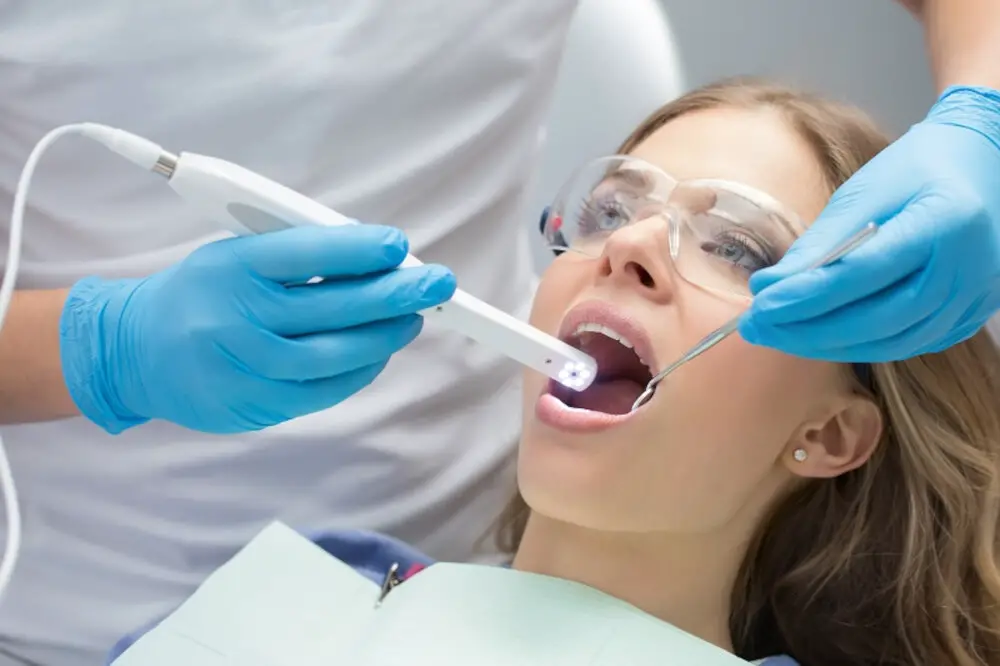
Managing pain and discomfort is an important aspect of caring for wisdom teeth holes. After a wisdom tooth extraction, it is common to experience pain, swelling, and discomfort for several days. To manage these symptoms, your dentist may recommend over-the-counter pain relievers such as ibuprofen or acetaminophen. These medications can help to reduce pain and inflammation, allowing you to feel more comfortable and relaxed as you heal. In addition to pain relievers, your dentist may also recommend the use of ice packs or heat pads to help alleviate swelling and discomfort. Applying an ice pack or heat pad to the affected area for 20 minutes at a time, several times a day, can help to reduce pain and inflammation, allowing you to feel more comfortable as you recover. Another way to manage pain and discomfort after a wisdom tooth extraction is to avoid certain foods and drinks. Foods that are hard, crunchy, or difficult to chew can irritate the surgical site, causing pain and discomfort. Instead, opt for soft foods such as soup, mashed potatoes, and yogurt, which are gentle on the mouth and easier to eat. Similarly, avoid drinking hot or cold beverages, as extreme temperatures can also cause discomfort. Instead, stick to room temperature or lukewarm drinks such as water or tea. By following these tips and taking good care of your mouth after a wisdom tooth extraction, you can manage pain and discomfort and promote a speedy and successful recovery.
After wisdom teeth removal, it’s common to experience some discomfort and swelling in the affected area. Pain, tenderness, and difficulty opening your mouth fully are also typical symptoms. Bleeding is also expected during the first 24 hours post-surgery, but it should subside gradually. As the healing process progresses, you may notice some stiffness in your jaw and neck, coupled with a slight fever. In some cases, a blood clot may form in the extraction site, leading to a painful condition known as dry socket. If you experience any of these symptoms, it’s important to contact your dentist immediately for proper treatment and care.
After wisdom teeth extraction, pain and discomfort are inevitable. However, there are several remedies to manage this distressing post-operative experience. Over-the-counter pain relievers such as ibuprofen or acetaminophen can help reduce pain and swelling. Applying ice packs to the affected area for 20 minutes at a time can also provide relief. Additionally, rinsing your mouth with warm saltwater can help reduce inflammation and prevent infection. Avoiding hard, crunchy, or sticky foods and opting for soft, easy-to-chew meals will prevent further irritation of the extraction site. It’s crucial to follow these remedies to ensure a speedy and uneventful recovery.
It is essential to recognize when to seek medical attention after wisdom teeth removal. If you experience excessive bleeding that doesn’t stop after applying pressure, you should contact your dentist or oral surgeon immediately. Swelling and pain are also common after the surgery, but if it becomes severe and is accompanied by a fever, it could indicate an infection, which requires prompt medical attention. In addition, if you notice an unpleasant taste or odor coming from the extraction site, it could be a sign of dry socket, a painful condition that occurs when the blood clot is dislodged from the socket. In such cases, you should see your dentist or oral surgeon as soon as possible.
Diet and Hydration
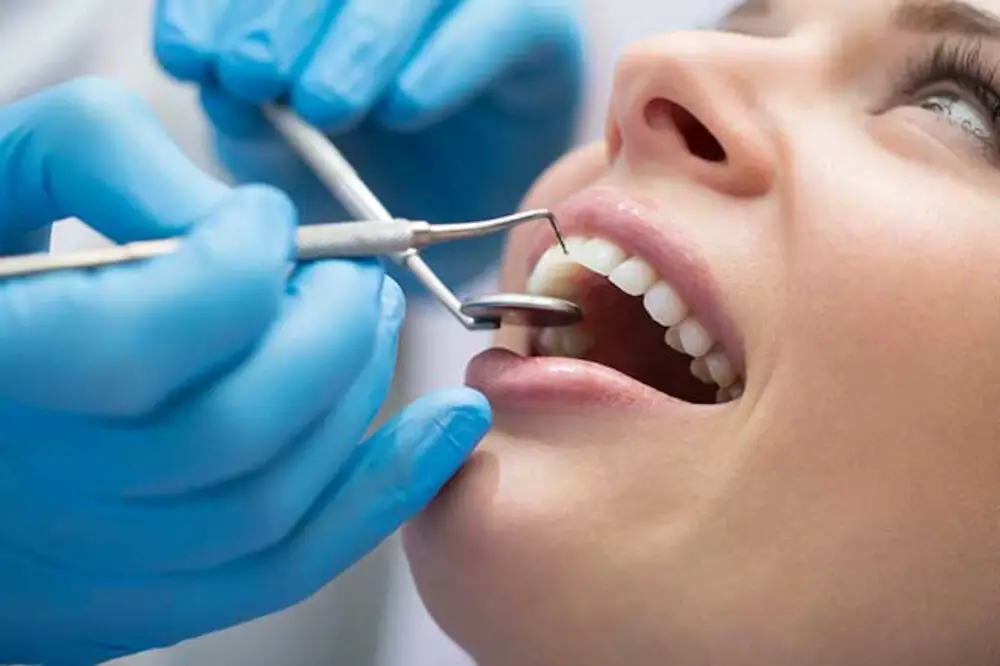
When it comes to properly caring for wisdom teeth holes, one of the most important factors to consider is your diet and hydration. It’s crucial to stay hydrated and eat a balanced diet to help promote healing and prevent infection. Drinking plenty of water can help flush out any bacteria or debris that may be lingering in the holes. Additionally, avoiding sugary and acidic foods and drinks can help prevent irritation and promote healing. In terms of diet, it’s essential to focus on nutrient-rich foods that can help support healing and promote overall health. Foods that are high in calcium, vitamin C, and protein can all aid in the healing process. Some great options include leafy greens, dairy products, lean proteins, and fruits and vegetables. Avoiding hard or crunchy foods that may irritate the holes is also important, especially in the first few days following the extraction. By prioritizing your diet and hydration, you can give your body the nutrients it needs to heal and prevent complications from arising.
After having your wisdom teeth removed, it is crucial to avoid certain foods to prevent any complications and promote proper healing. Hard and crunchy foods like nuts, chips, and popcorn can get stuck in the extraction site and cause irritation or infection. Acidic and spicy foods like citrus fruits and hot sauce can also irritate the wound and delay the healing process. Additionally, foods that require a lot of chewing like steak or tough meats can put pressure on the extraction site and cause pain or bleeding. To promote optimal healing, stick to soft, easy-to-eat foods like mashed potatoes, soups, and smoothies for the first few days after your procedure.
When it comes to healing after wisdom teeth extraction, a healthy diet is crucial. Foods that are high in vitamins, minerals, and antioxidants can help promote healing and reduce inflammation. Soft and easily chewable foods such as soups, smoothies, and mashed potatoes are ideal as they don’t require much chewing and won’t irritate the healing wounds. Additionally, foods that are rich in protein like eggs, fish, and chicken, aid in tissue repair and regeneration. Leafy greens like spinach, kale, and collard greens are also recommended as they are high in Vitamin K which helps in blood clotting and tissue repair. Other healing foods include fruits like berries, oranges, and kiwi, which are rich in Vitamin C, and nuts and seeds like almonds and chia seeds, which are high in Vitamin E and healthy fats.
Hydration is essential for overall health and well-being, and it plays a crucial role in the healing process of wisdom teeth holes. Drinking enough water helps to keep the mouth moist, which reduces the risk of infection and promotes faster healing. It also aids in the removal of food particles and bacteria, preventing the accumulation of plaque and tartar. Proper hydration also helps to maintain the pH balance of the mouth, which is important for preventing tooth decay and gum disease. In addition, staying well-hydrated can help to alleviate discomfort and swelling in the wisdom teeth area, promoting a more comfortable recovery. Therefore, it is important to drink plenty of water and other hydrating fluids to support the healing process and maintain good oral health.
Oral Hygiene
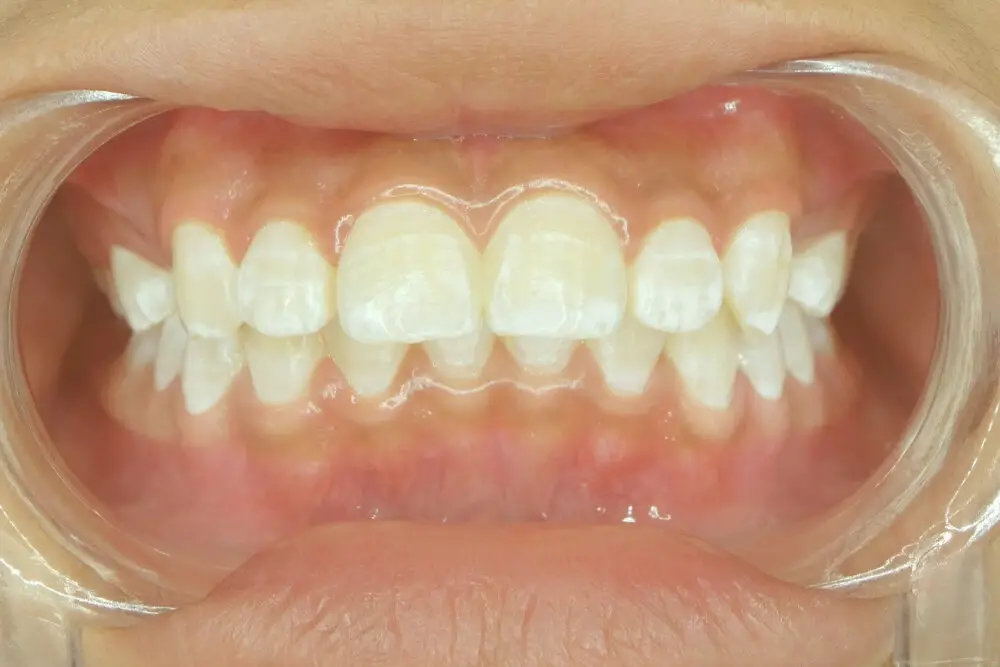
Oral hygiene plays a crucial role in the maintenance of overall oral health. It involves practices and habits that help prevent the buildup of harmful bacteria and plaque that can lead to cavities, gum disease, and other oral health issues. Proper oral hygiene also helps keep teeth and gums healthy, promotes fresh breath, and enhances the appearance of one’s smile. To maintain good oral hygiene, it is essential to brush teeth twice a day with fluoride toothpaste and floss at least once a day to remove plaque and food particles from between the teeth. It is also recommended to use mouthwash to kill bacteria and freshen breath. Additionally, it is important to maintain a healthy diet, limit sugary and acidic foods, and visit the dentist regularly for professional cleanings and check-ups. Proper oral hygiene is especially crucial for individuals with wisdom teeth holes as these areas can be more difficult to clean properly, leading to an increased risk of infection and complications.
After wisdom teeth removal, it is important to maintain good oral hygiene practices to prevent infection and promote healing. First, avoid brushing the surgical site for the first 24 hours and then gently rinse with salt water or prescribed mouthwash after eating to reduce swelling and remove food particles. Refrain from smoking, drinking through a straw, or spitting as these activities can dislodge the blood clot and delay the healing process. Gradually introduce soft foods and avoid hot and spicy foods that can irritate and inflame the area. Continue to brush and floss regularly, but avoid the surgical site until it is fully healed. By following these simple guidelines, you can ensure a speedy recovery and maintain good oral health.
Proper brushing and flossing techniques are crucial for maintaining good oral hygiene, especially when it comes to wisdom teeth holes. When brushing, be sure to use a soft-bristled toothbrush and gentle circular motions to avoid irritating the delicate tissues around the holes. Pay extra attention to the back teeth and don’t forget to brush the tongue and roof of the mouth. Flossing is also essential, but it’s important to be gentle and not force the floss into the hole. Instead, use a Waterpik or specialized floss designed for sensitive areas. By following these simple techniques, you can help prevent infection and promote healing in your wisdom teeth holes.
While this paragraph seems out of place for an article on cleaning wisdom teeth holes, the importance of avoiding tobacco and alcohol cannot be overstated when it comes to oral health. Tobacco use has been linked to a plethora of oral health issues, including gum disease, tooth decay, and oral cancer. Alcohol consumption can also have negative effects on oral health, as it can lead to dry mouth, increased risk of tooth decay, and an increased likelihood of developing oral cancer. When caring for wisdom teeth holes, it is essential to avoid tobacco and alcohol to prevent complications and ensure optimal healing.
It is crucial to maintain proper cleaning and care for wisdom teeth holes to prevent infections and promote faster healing. Neglecting to keep the area clean may lead to the accumulation of food particles and bacteria that can cause swelling, pain, and even dry socket. To avoid these complications, it is recommended to rinse gently with warm salt water, brush carefully around the hole, and avoid smoking, using straws, or eating hard and crunchy foods. Moreover, following the dentist’s instructions, taking prescribed medication, and attending follow-up appointments are essential steps to ensure the successful recovery of the wisdom teeth extraction.
In addition to the tips mentioned above, there are some final recommendations to ensure a speedy recovery after wisdom teeth extraction. Firstly, avoid smoking or using tobacco products, as this can delay healing and increase the risk of infection. Secondly, do not consume hot, spicy, or acidic foods and drinks for the first few days after surgery, as they can irritate the wound and cause discomfort. Thirdly, make sure to follow the post-operative instructions provided by your dentist or surgeon, including taking any prescribed medications and attending follow-up appointments. Lastly, be patient and give yourself plenty of time to rest and recover, as rushing the healing process can lead to complications and prolong the recovery period. By following these tips and recommendations, you can ensure a smooth and speedy recovery after wisdom teeth extraction.
Conclusion

In conclusion, proper cleaning and care for wisdom teeth holes is crucial in promoting healing and preventing infections or complications. Following the quick guide outlined above, including gentle brushing, rinsing with saltwater, avoiding certain foods, and attending follow-up appointments with your dentist, can help ensure a smooth and successful recovery process. Remember to always consult with your dentist if you have any concerns or questions about caring for your wisdom teeth holes. By prioritizing your oral health and taking proactive steps to care for your wisdom teeth holes, you can help ensure a healthy and pain-free recovery.





